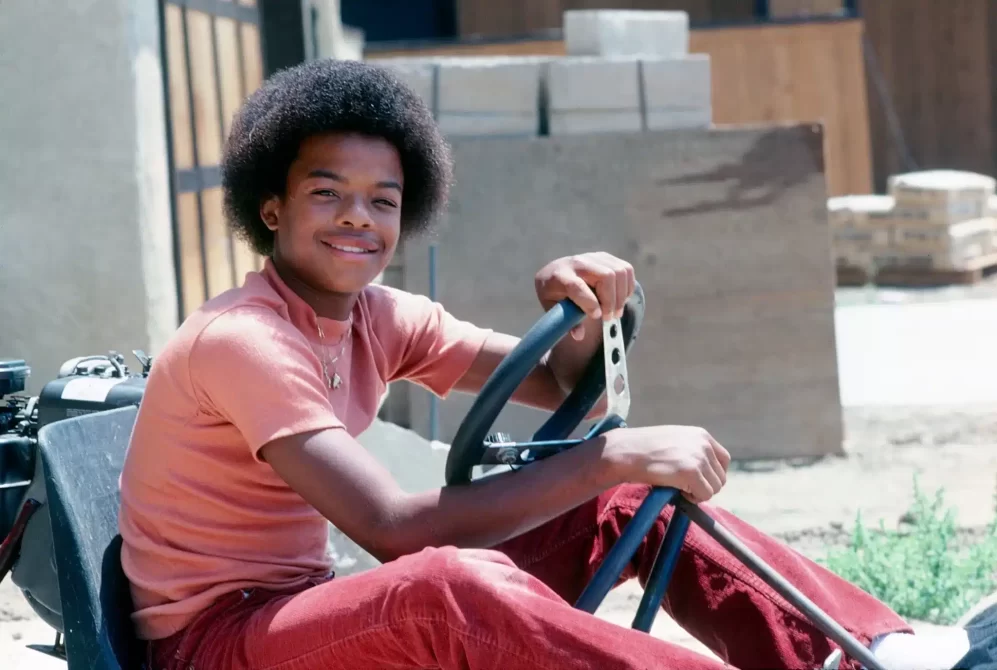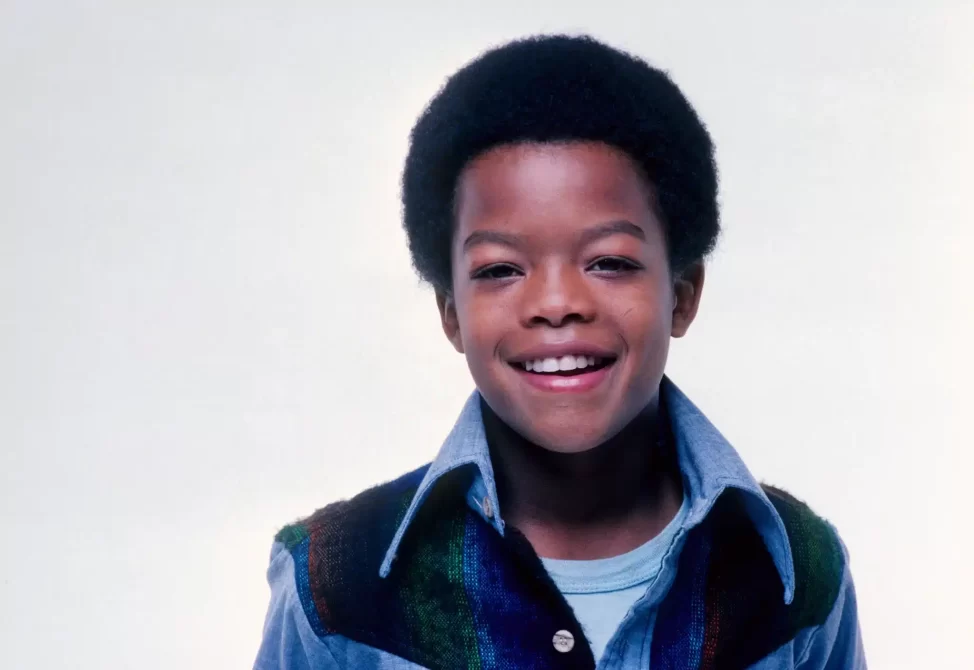
Todd Bridges, the former child star best known for his role in the iconic sitcom Diff’rent Strokes, has led a life marked by both incredible highs and devastating lows. After rising to fame at a young age, Bridges struggled with the pressures of stardom and fell into a cycle of substance abuse. His addiction led to a string of run-ins with the law, including a shocking arrest for attempted murder.
However, in 1992, the actor reached a turning point. Following another arrest, he was given the opportunity to enter a year-long drug rehabilitation program instead of returning to jail. It’s been over three decades since his last arrest, and Bridges recently shared in an interview how his last brush with the law led him to make this life-changing decision.
Todd Bridges gives insight into why he embraced sobriety

During a recent appearance on the Allison Interviews podcast, Bridges shared the pivotal moment that led him to achieve thirty-two years of sobriety. He explained that he had grown tired of repeating the same patterns of behavior and expecting different results and realized that he needed to make a change and break free from the cycle of addiction that had consumed his life.
The 59-year-old credited a transformative experience during his time in rehab as the catalyst for his sobriety. He recalled a moment of clarity in which he felt guided to listen to and follow the advice of those around him unquestionably. By surrendering to this guidance, Bridges was able to overcome his addiction and embark on a journey of long-term sobriety.

Todd Bridges expresses frustration about the media’s downplaying of his sobriety journey
Bridges expressed frustration that despite having achieved thirty-two years of sobriety, the media tends to only focus on his past mistakes, making it seem as though he is still struggling with addiction, when in reality he has worked hard to maintain his sobriety.

The actor also pointed out the disparity in how he is treated by the media compared to his white counterparts. He noted that when interviewing white actors who have struggled with addiction, such as Charlie Sheen, the focus is often on their accomplishments rather than their past troubles.
